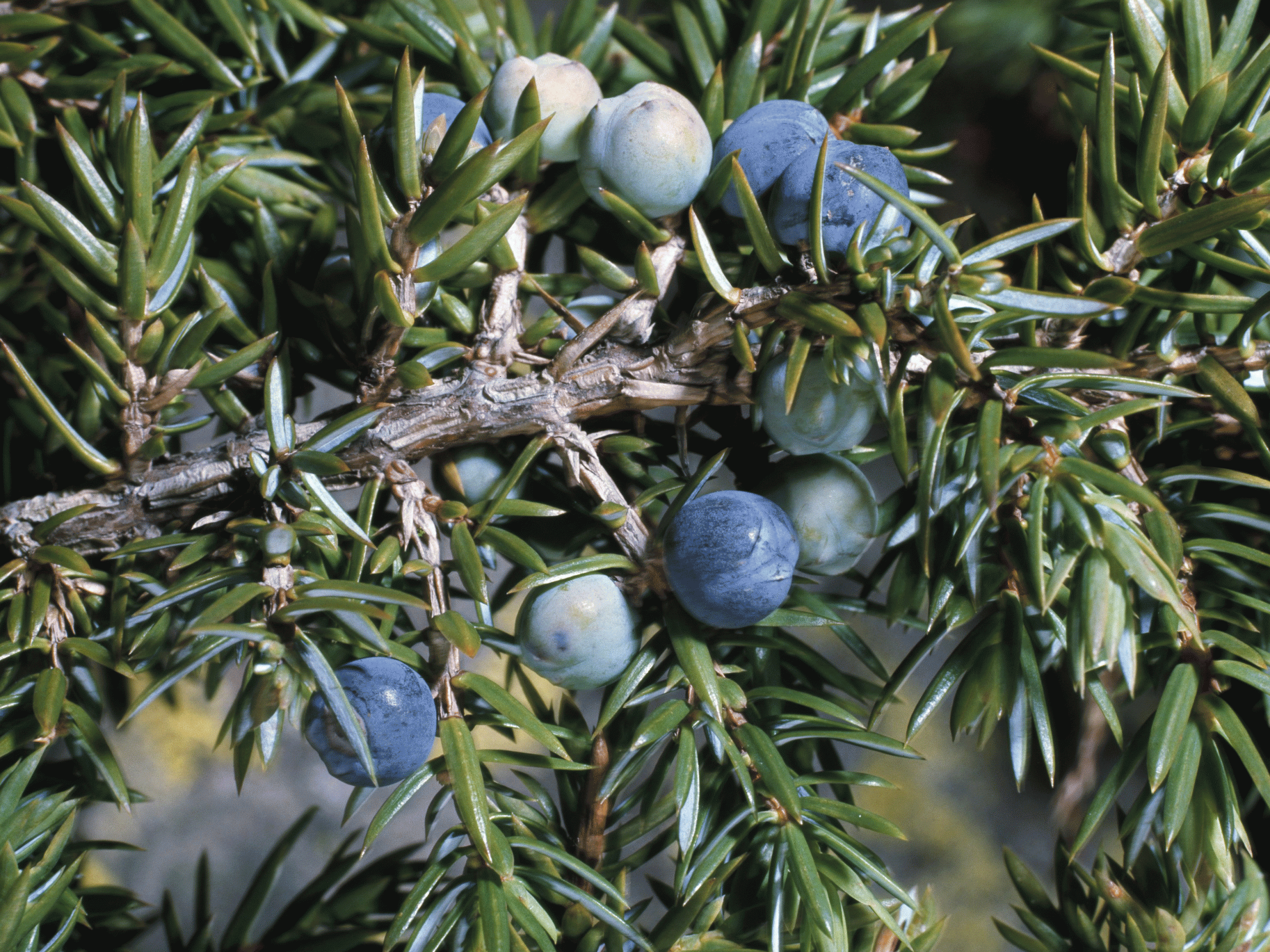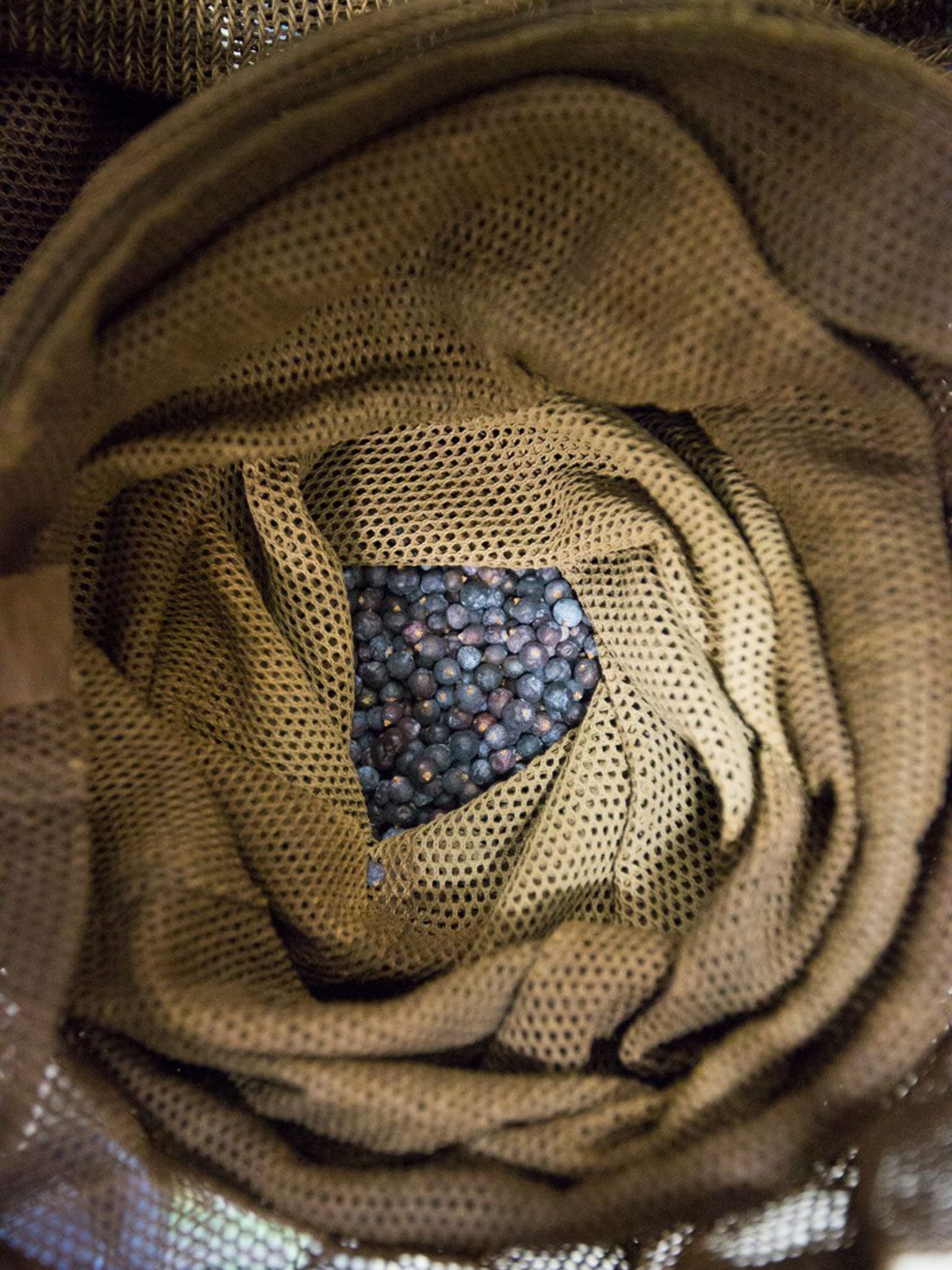Juniper berry in Scotland in 'critical state' because of disease
Too many plants, which are rare in the UK, are also old and not producing seeds

Your support helps us to tell the story
From reproductive rights to climate change to Big Tech, The Independent is on the ground when the story is developing. Whether it's investigating the financials of Elon Musk's pro-Trump PAC or producing our latest documentary, 'The A Word', which shines a light on the American women fighting for reproductive rights, we know how important it is to parse out the facts from the messaging.
At such a critical moment in US history, we need reporters on the ground. Your donation allows us to keep sending journalists to speak to both sides of the story.
The Independent is trusted by Americans across the entire political spectrum. And unlike many other quality news outlets, we choose not to lock Americans out of our reporting and analysis with paywalls. We believe quality journalism should be available to everyone, paid for by those who can afford it.
Your support makes all the difference.The most important ingredient in gin is under threat from disease in the UK.
The juniper berry, which gives the spirit its particular taste and makes it legally "gin", has been found to be in decline by wildlife conservationists in Scotland.
Amateur group Plantlife has warned that juniper is in a "critical state" because of a deadly fungal disease called phytophthora austrocedrae.
It is not the first warning about juniper, but a survey by the group shows 63 per cent of bushes above the border appear to be brown or orange - instead of green with purple berries - as a result of the pathogen.
Deborah Long, head of Plantlife Scotland, said the future of juniper "must be ensured."
"We know juniper populations are struggling, but they now face an additional threat," she told the BBC.
"It is thanks to these citizen scientists who have been helping us monitor the species, that we can start working with land owners to help juniper communities become more resistant to the threats they face."

The coniferous tree is already one of the rarest plants in the UK with only 400 hectares left, according to The Woodland Trust - although it is comfortably widespread around the world.
Yet the deadly pathogen, which often causes the death of the host tree, is worsening a situation in which 79 per cent of plants in Scotland are too old to produce enough seeds.
The berry, which is in fact a cone and also supports wildlife, is dried and distilled with water and other ingredients to make the key ingredient in a gin and tonic.
Gin is believed to have been drunk as far back as the late 1660s, when William of Orange relaxed the rules around amateur spirit-making - making it the drink of the poor before it rose to become a fashionable tipple.
Join our commenting forum
Join thought-provoking conversations, follow other Independent readers and see their replies
Comments